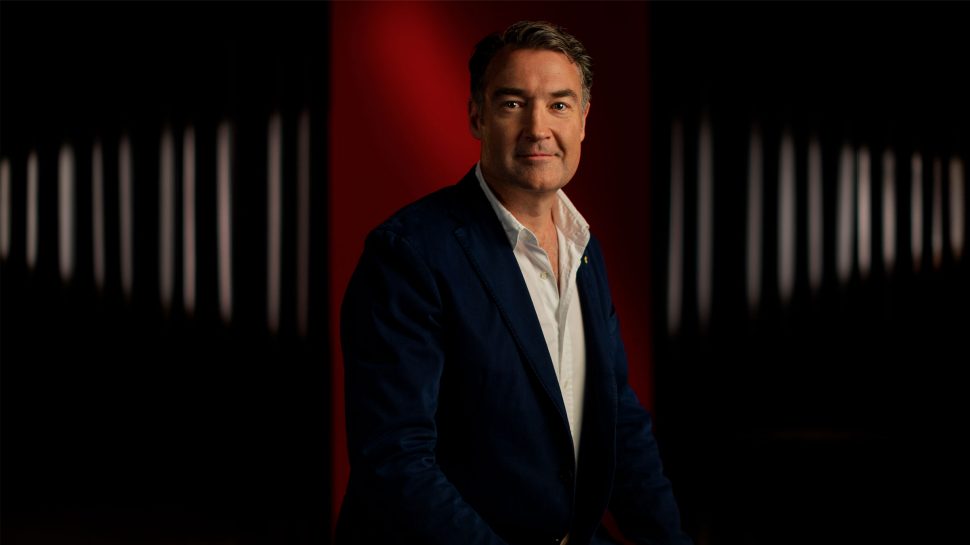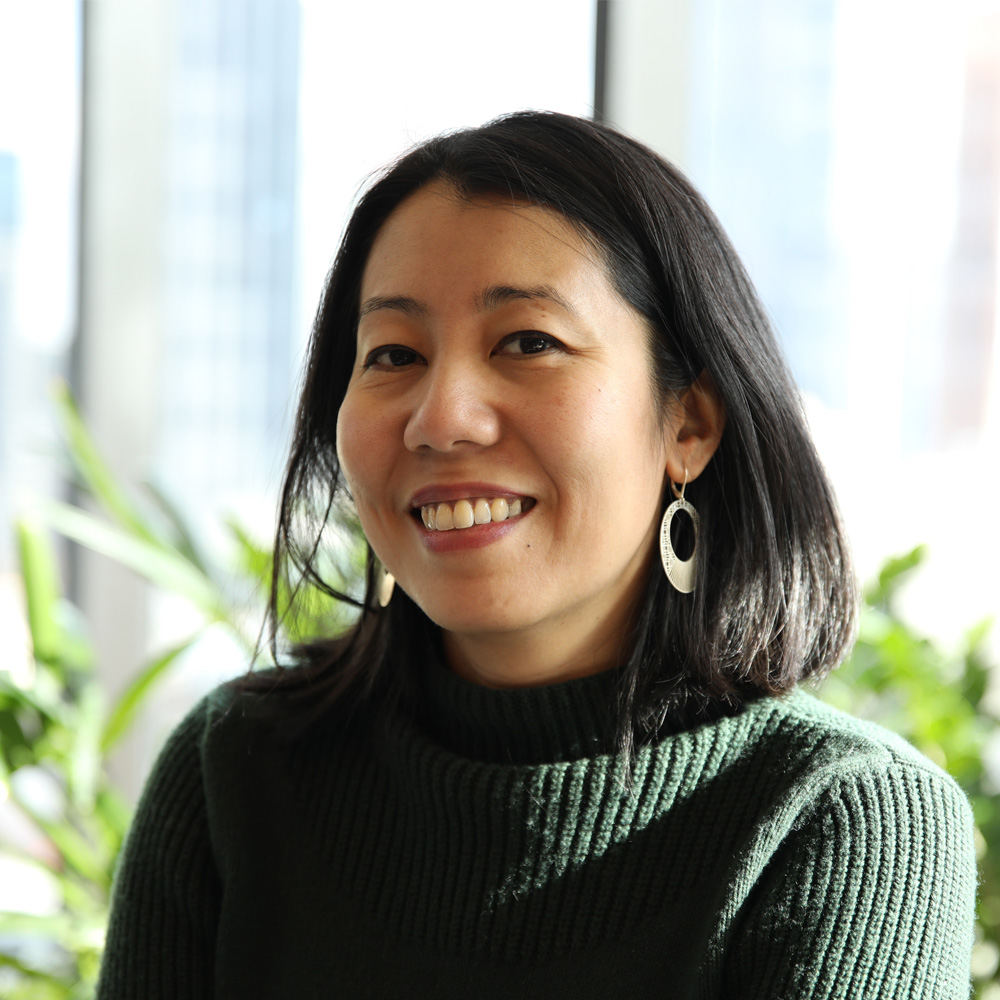Dr. James Muecke AM

2020 Australian of the Year
Eye surgeon and blindness prevention pioneer
Dr. James Muecke AM began his medical career in Kenya where he also discovered a passion for improving health in poor communities. Today he is recognised for his focus on type 2 diabetes, the sixth biggest killer in this country, and the leading cause of blindness in working age adults. Type 2 diabetes impacts nearly one-in-ten Australians and is also the fastest growing cause of vision loss in Aboriginal people.
James previously co-founded Vision Myanmar at the South Australian Institute of Ophthalmology in 2000 to help fight blindness in this poor Southeast Asian country.
The program’s success inspired him to establish Sight For All, a social impact organisation that aims to create a world where everyone can see. With 80% of world blindness avoidable and almost 90% of these cases found in low-income countries, James doesn’t treat vision loss just as a medical condition but also as a human rights issue.
We spoke to James about receiving the 2020 Australian of the Year Award, his lesson in resilience and what he’d like people to better understand about loss of vision from type 2 diabetes.
What did it mean to be named 2020 Australian of the Year?
I wasn’t expecting to win so it was a huge surprise and a wonderful feeling to receive the award. I must give credit to our team of volunteers who are integral to the work we do. Being acknowledged this way for our work is a big thrill.
You’ve inherited a neurological disability that prevents you from continuing to practice as a surgeon. How did that experience help you build resilience?
I have a neurological degenerative condition called focal dystonia, which impacts the function of my right hand. I had to gradually give up surgeries and I stopped operating all together in 2016. I also had to do many daily routines differently like writing and brushing my teeth with my left hand. It was during this time that I learnt the three critical elements of resilience.
The first is staying positive in my outlook. I kept telling myself I was going to get through this and it would not beat me. The second is keeping a cool head. We’ve seen irrational behaviour during the coronavirus so it’s important to take a deep breath, let your rational brain take control and think about your next steps.
The third is innovation. What you can do or create to help you get through the situation? I’ll eventually have to bow out of clinical medicine and that will be hard but I’m also looking forward to the next stage of my life. I’ve had time to think about what I’ll do next and that’s given me a really powerful outlook.
You’ve spent three decades working to prevent and treat blindness in some of the world's poorest countries. Has there been an experience that significantly impacted your life?
In 2007, I was part of a research team undertaking a study in Myanmar on the causes of blindness in children there. The results were staggering. Nearly half of the kids had blindness that could have been prevented or treated. This was a profound experience that gave me a passion to fight childhood blindness in Asia.
What would you like people to better understand about type 2 diabetes and loss of vision?
I’ve been an ophthalmologist for 30 years and every year I’ve seen more patients with this complication. Diabetes can damage the fine blood vessels in the eye and that can lead to bleeding inside the eye. This can take away the eyesight instantly and sometimes, permanently.
However, nearly all loss of vision due to diabetes is preventable or treatable. It just should not happen. Of all the 1.7 million people who have diabetes in Australia, more than half are not having their regular all-important sight-saving eye checks. This year I want to encourage Aussies with diabetes to ensure they have these critical checks.
Tell us a little more about Sight For All and its work.
I have been the Chair for Sight For All since its foundation in 2008. It’s an exceptional organisation that has allowed me to be recognised for this award. There are hundreds of eye diseases and many are blinding or deadly. Most have also been poorly managed or even neglected in poorer parts of the world.
Our work involves educating and equipping our colleagues in these countries to be able to deal with all eye diseases comprehensively, sustainably and with high impact. Our work is far reaching.
We’re now impacting more than 1 million people every year in nine countries in Asia and two in Africa. We also have projects in Aboriginal and mainstream communities of Australia.
Why does the Australian of the Year Award matter?
The Australian of the Year Award celebrates Aussies who are giving of their time, expertise and goodwill to make society a better place. There are thousands of extraordinary Aussie volunteers and almost all will go unrecognised.
They act as role models for the community and I wholly support anyone who wants to nominate a friend or a colleague who is doing exceptional things. It’s a really special thing to highlight their work.
Nominate an inspiring Australian
Do you know someone who deserves recognition? Nominate them for the 2021 Australian of the Year Awards. Nominations close 31 July 2020.
